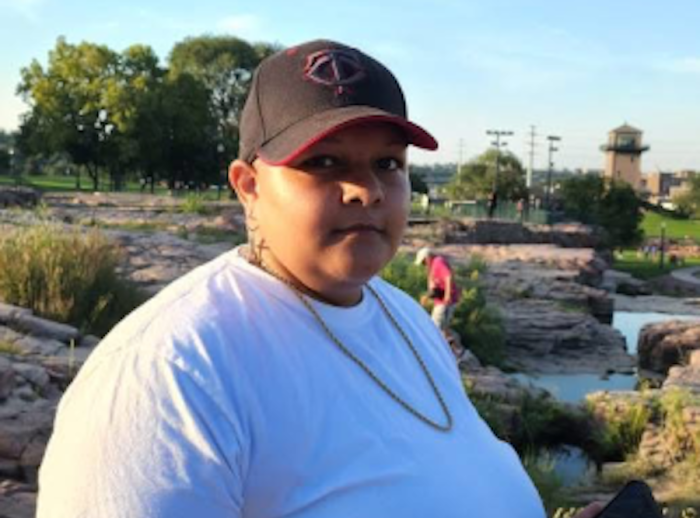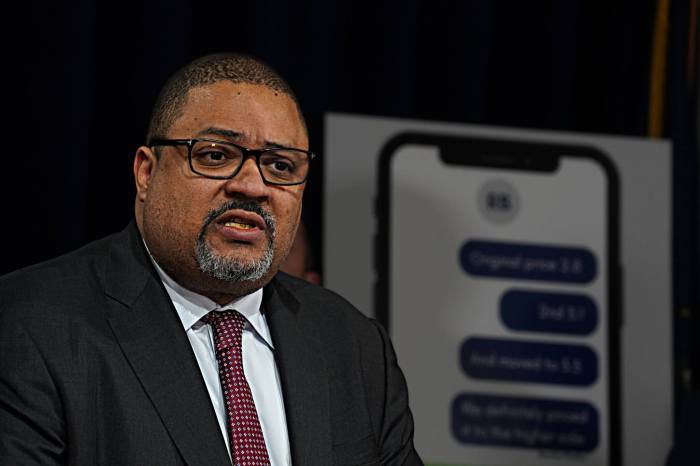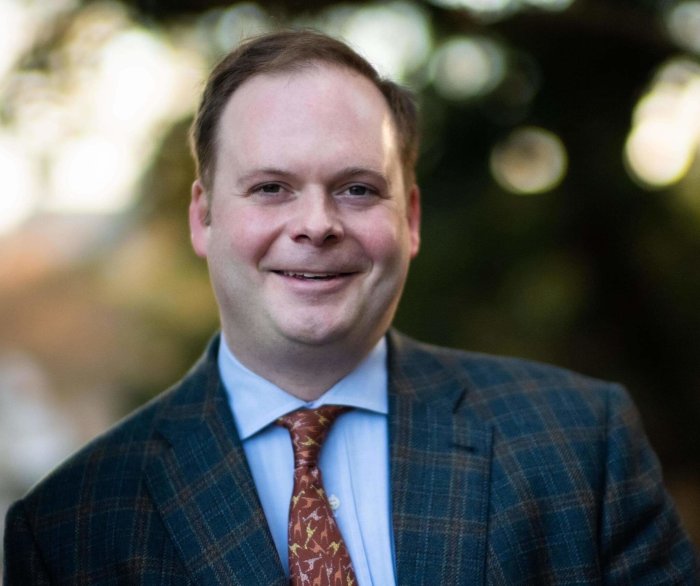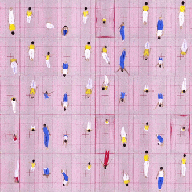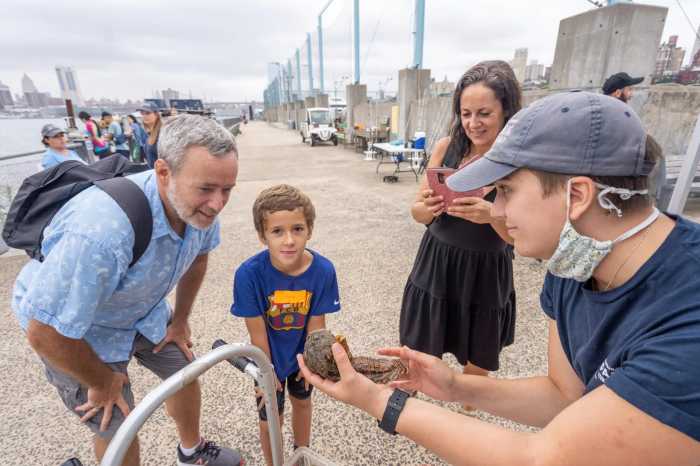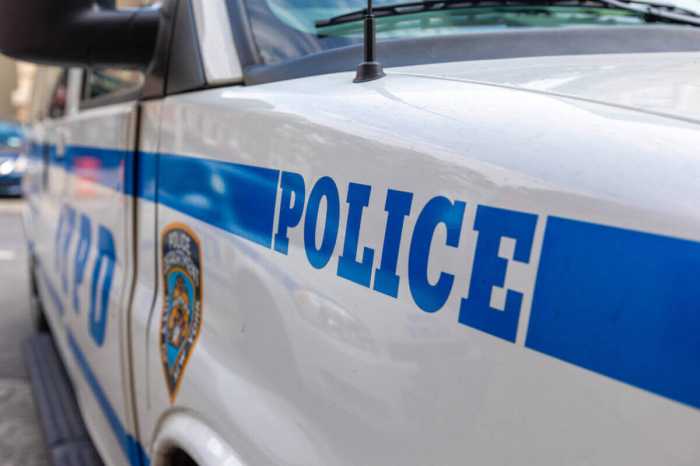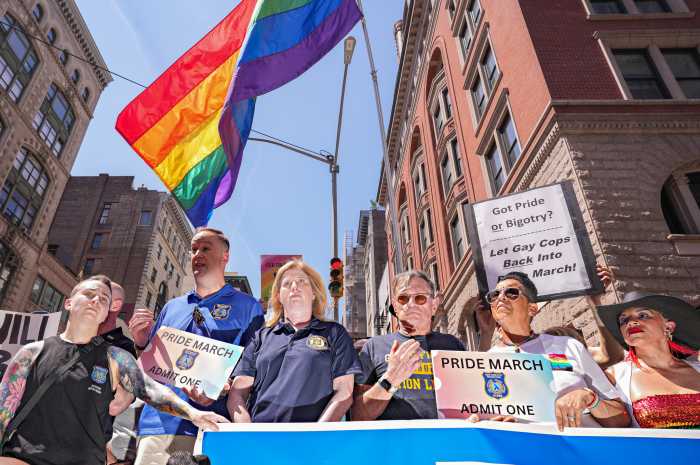It is one thing to be falsely accused of a crime that you did not commit. But in 1998, four young lesbian Latinas in San Antonio, Texas, were convicted and imprisoned for a crime that never occurred — the ritual sex abuse of two young girls.
The prosecution and accuser (a spurned male relative of one of the women) were driven by homophobia in a city that had no LGBT rights ordinance until 2013. Their conviction was sealed by an “expert” witness who dabbled in what has been discredited as junk science regarding what a normal child’s hymen is supposed to look like.
Anna Vasquez, Cassandra Rivera, Elizabeth Ramirez, and Kristie Mayhugh patiently shared the story of their two-decade nightmare at a forum sponsored by the National Center for Reason and Justice at the Bluestockings feminist bookstore on the Lower East Side on April 13. The panel was moderated by Debbie Nathan, who has written widely about unjust prosecutions such as these. They were joined by their attorney, Mike Ware, of the Innocence Project of Texas, and Kelly Michaels, a survivor of a false conviction for ritual abuse at a daycare center in the 1980s in Maplewood, New Jersey.
Four Texas Latina lesbians out of prison, off sex offender registry, but not yet exonerated
Michaels spent five years in prison on a 47-year sentence before feminist and justice advocates won her freedom.
The San Antonio Four, convicted while in their 20s, were incarcerated separately for a combined total of 50 years before winning release on bail in 2013. They have been taken off the sex offender registry, but the original judge in the case did not fully exonerate them. It is now up to the Court of Criminal Appeals in Texas to decide whether they should be exonerated outright or subjected to another trial. There is no timeline for the panel’s decision.
Their case has been made into a heart-rending documentary, “Southwest of Salem” by Deborah S. Esquenazi, that recently ran at the Tribeca Film Festival.
The women of the San Antonio Four are still constricted for legal reasons when it comes to discussing the details of their case, but in talking about their personal ordeals, their tremendous loss and grief, they were tremendously moving. Rivera spoke through tears of how her two little children, now 23 and 24, “saw me faithfully” and were there in the packed house at Bluestockings.
“It was hard to miss a lot of their lifetimes,” she said. “Thank God we are as close as we are now.”
Ramirez told the audience, “I’m glad I have friends who don’t have anything against us.”
The women did not give up on each other and neither did their families.
“With the love that we have — the bond that we have — we can be a family,” Ramirez said.
Eventually, the LGBT community in San Antonio worked for their cause, as well.
Mayhugh spoke of losing her dream of working in veterinary medicine and now having to work manufacturing automobiles.
And Michaels talked about the horror of being perceived as a “monster,” but also of how honored she was to be with these other falsely accused women who pulled through. She said she also had the support of her family.
“You’re always in recovery,” she said.
Attorney Ware, folksy but relentless, talked at the forum and in the film about the nerve-wracking, painstaking process of gaining the release of the San Antonio women and about how difficult it is for the truth to win out.
“At the Supreme Court, Scalia used to say that if you got a procedurally fair trial, it doesn’t matter how innocent you are,” he said.
But unlike some states, Texas does have an exoneration process, and neither he nor these women will rest until their names and records are cleared forever.
To learn more about how to win exoneration for the San Antonio Four, go to southwestofsalem.com/actnow.






